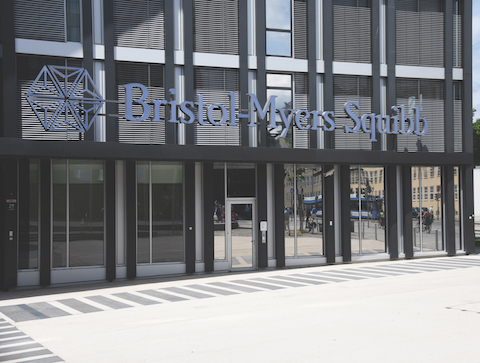Bristol Myers Squibb’s subcutaneous Opdivo shows promise in kidney cancer
30 Jan 2024
Clinical ResultPhase 3ASCODrug ApprovalImmunotherapy

Preview
Source: PMLiVE
Bristol Myers Squibb (BMS) has shared positive results from a late-stage study of a new injectable form of Opdivo (nivolumab) in a subset of patients with renal cell carcinoma (RCC), the most common type of kidney cancer.
The phase 3 CheckMate-67T trial has been evaluating subcutaneous Opdivo, co-formulated with Halozyme’s proprietary recombinant human hyaluronidase technology, compared to the drug’s intravenous form in patients with advanced or metastatic clear cell RCC who have received prior systemic therapy.
According to the results presented at this year’s American Society of Clinical Oncology Genitourinary Cancers Symposium, subcutaneous Opdivo met the study’s co-primary endpoints by demonstrating non-inferior pharmacokinetics, and also demonstrated a non-inferior objective response rate compared to intravenous administration, a key secondary endpoint of the trial.
More than 430,000 new cases of RCC are diagnosed globally each year, with clear cell RCC affecting about 70% of RCC patients.
Gina Fusaro, vice president, global programme lead, BMS, said: “Convenience is an important benefit of subcutaneous immunotherapy and we are excited about the potential for this treatment to reduce patient burden and provide greater flexibility to patients and health care providers.
Opdivo is currently approved in more than 65 countries, including the US and EU, for a range of indications such as kidney, lung and gastric cancers.
“Having the option to administer immunotherapy subcutaneously could undoubtedly reduce the treatment burden that patients diagnosed with cancer currently face, as well as help maximise efficiencies within healthcare systems,” said Saby George, professor of oncology and medicine, director of Network Clinical Trials, Department of Medicine, Roswell Park Comprehensive Cancer CenterCancer Center.
The drug recently received approval from the US Food and Drug Administration as an adjuvant treatment for adults and adolescents aged 12 years and older with completely resected stage 2B or 2C melanoma.
The October decision made Opdivo, which is already approved in the US for use in certain melanoma patients, the only PD-1 inhibitor indicated as an adjuvant treatment for eligible patients with stages 2B, 2C and 3, as well as stage 4 completely resected melanoma.
For more details,please visit the original website
The content of the article does not represent any opinions of Synapse and its affiliated companies. If there is any copyright infringement or error, please contact us, and we will deal with it within 24 hours.
Targets
Drugs
Hot reports
Get started for free today!
Accelerate Strategic R&D decision making with Synapse, PatSnap’s AI-powered Connected Innovation Intelligence Platform Built for Life Sciences Professionals.
Start your data trial now!
Synapse data is also accessible to external entities via APIs or data packages. Leverages most recent intelligence information, enabling fullest potential.





